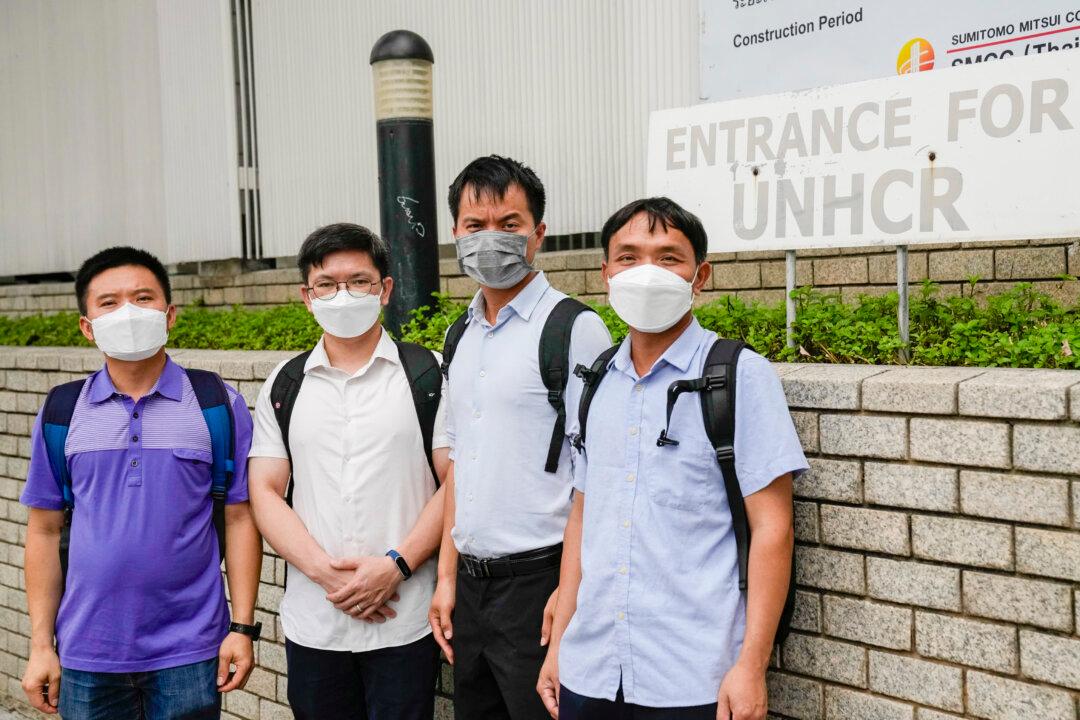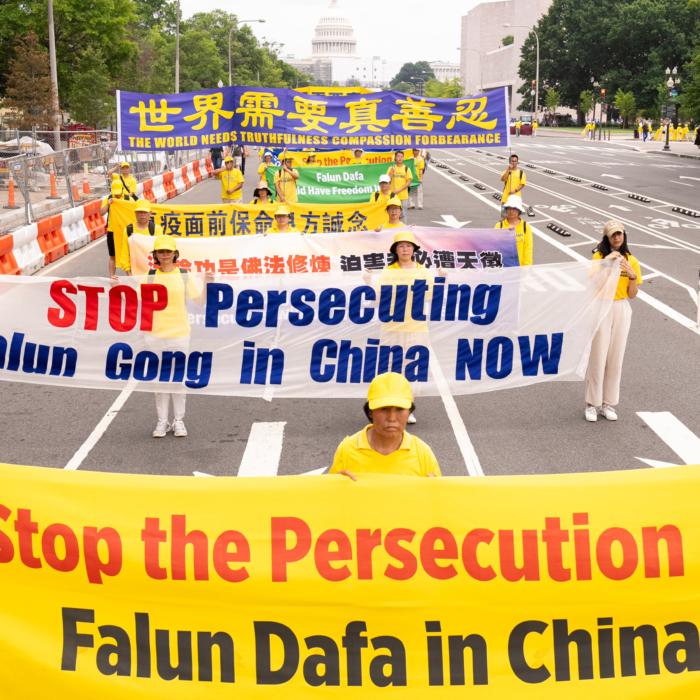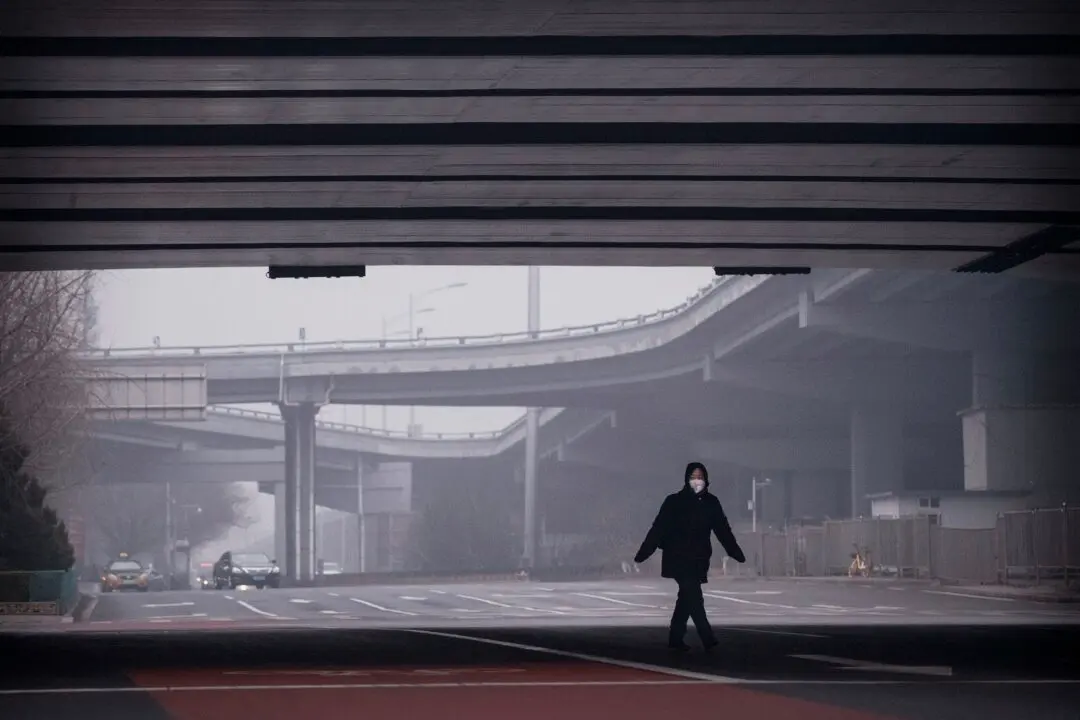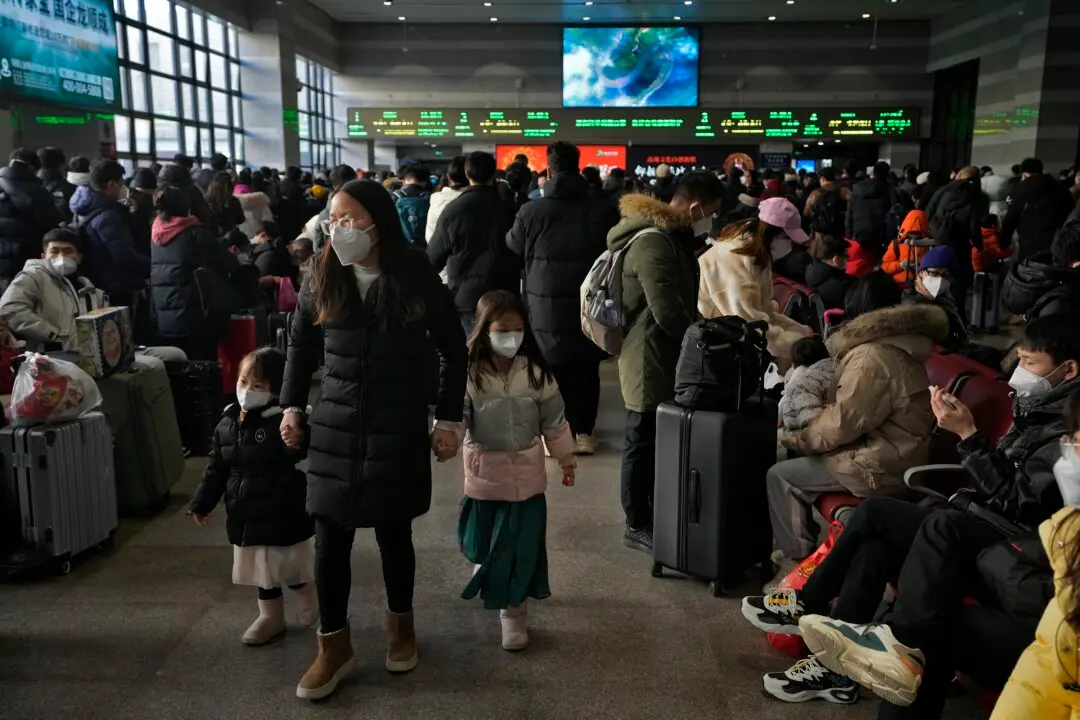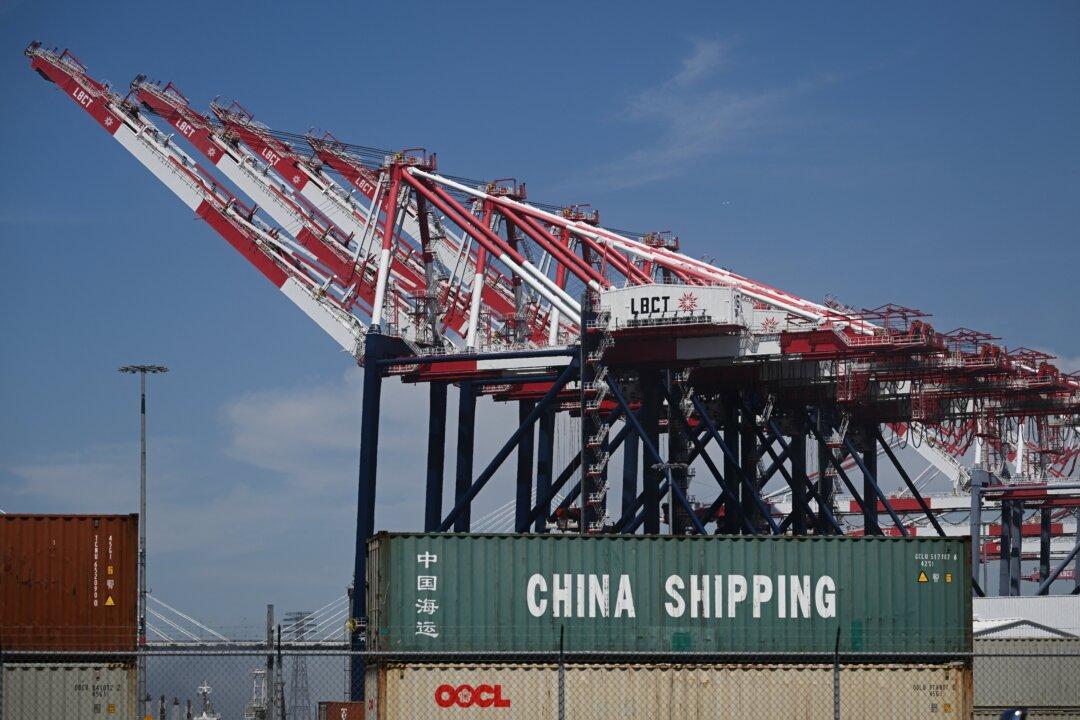As June 20 was World Refugee Day, many Chinese refugees who have been stranded in Southeast Asia for years called on the United Nations for help.
Under the suppression of the Chinese Communist Party (CCP), many Chinese citizens have fled their homes for religious, political, and economic reasons and sought asylum in other countries as refugees. Southeast Asian countries are often a chosen transit point. Still, it is not easy to obtain refugee status there, and there is a constant danger of deportation back to China.
Malaysia
Xiao Shan, a senior engineer from Liaoning Province, told The Epoch Times that he was detained twice by the CCP for practicing Falun Gong—a traditional spiritual practice rooted in following the principles of truthfulness, compassion, and forbearance. He fled China in 2019 to seek asylum.“I have been in Malaysia for five years. I received a protection letter in 2022, but I have not been granted refugee status yet,” Mr. Xiao said.
He said that some of his friends, who are also Falun Gong practitioners, waited in Malaysia for more than 10 years before they could transit to a third country.
“Especially those with children, it’s very difficult for their children to go to school and receive an education here. There are also adults who have been stranded here for a long time,” Mr. Xiao said. “They don’t have an identity, cannot find a job, and cannot get married.”
Tong Yimin, a Chinese artist seeking refuge in Malaysia, is also a Falun Gong practitioner. Since the CCP began persecuting Falun Gong practitioners in July 1999, he has been repeatedly persecuted and was forced into exile abroad.
He said that he was detained in April 2000 in Beijing in the Dongcheng Detention Center.
“I was beaten and interrogated all night. I was then sent back to Jiangxi, where I was tortured, beaten, and put in heavy anklets. I was almost persecuted to death,” Mr. Tong told The Epoch Times.
“In September 2005, the CCP police broke into my home and studio in Beijing and confiscated my computer and printer equipment. I was sentenced to two years in a labor camp and suffered severe mental and physical abuse.”
After being released from prison, Mr. Tong returned to Beijing.
“In 2008, the police searched my home and factory. I was forced to give up my business in Beijing and flee to Shenzhen to look for an opportunity to leave China,” he said. “In 2019, my residence in Shenzhen was monitored and I felt my life was in danger again.”
In January 2020, Mr. Tong fled to Malaysia with his wife and two young children. There he applied for asylum with the U.N. High Commissioner for Refugees (UNHCR).
Thailand
More than 100 Falun Gong practitioners are stranded in Thailand, and their situation is even more difficult.Dong Junming, a retired military officer from Hebei Province who suffered brutal persecution from the CCP for practicing Falun Gong, fled to Thailand in 2014 with his family. They waited for nearly 10 years in Thailand and were finally relocated to Canada.
“There are many Chinese refugees in Southeast Asia, some of whom have been here for more than 10 years,” he told The Epoch Times. “Especially in Thailand, refugees cannot work, have no income, and their lives are very difficult.”
Thailand has never signed the U.N. Convention Relating to the Status of Refugees, ratified in 1951, which means Thailand does not recognize refugees. So even people who obtain U.N. refugee cards face the risk of being arrested and detained in an immigration detention center.
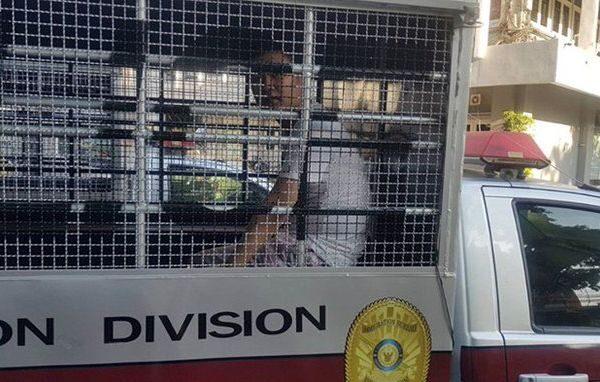
Mr. Dong said the environment in the immigration prison was extremely bad.
“The weather is hot, more than 140 people live in a cell of less than 100 square meters [about 1,076 square feet], and there’s no shower,” he said. “And once people are detained there, they will face the possibility of deportation.”
Besides Falun Gong practitioners, there are a large number of Chinese Christians, human rights activists, petitioners, and democracy advocates who have suffered persecution by the CCP and have been stranded in Southeast Asia for a long time seeking U.N. asylum.
In recent years, the CCP has carried out several transnational kidnapping or entrapment operations in Southeast Asian countries, including Laos, Thailand, Burma (also called Myanmar), and Vietnam, targeting Chinese dissidents living in exile.
A former CCP agent told The Epoch Times that CCP agents were instructed to lure Chinese dissidents from Western countries where they currently reside, such as Canada and Australia, to Southeast Asia, where the Chinese overseas public security forces could abduct them and take them back to China.
“The CCP’s infiltration into Southeast Asia is quite serious,” he said, adding that the CCP is “most adept at entrapment of targets” in Southeast Asian countries.
The number of Chinese nationals fleeing China has increased dramatically in recent years, and it is almost impossible for the outside world to know exactly how many Chinese refugees have escaped China.
